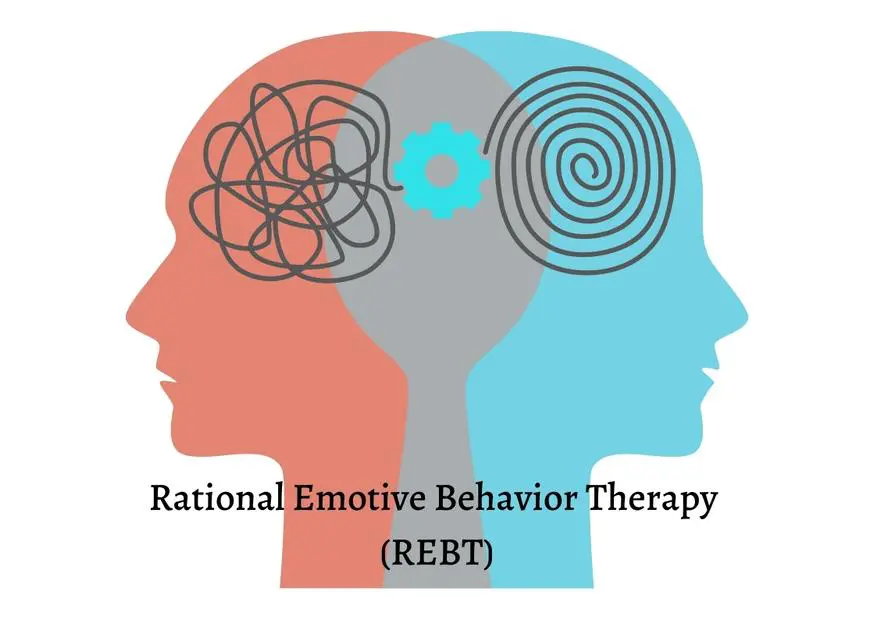Rational Emotive Behavior Therapy (REBT) has emerged as a powerful and transformative tool in the field of Indian mental health. With its practical and evidence-based approach, REBT in India is playing a pivotal role in reshaping the way individuals approach mental health.
- Cultural Relevance
India’s cultural diversity is vast, but many values, such as self-reflection and introspection, align with REBT’s core principles. In Indian society, where familial and societal expectations often play a significant role in guiding individuals’ lives, REBT helps people challenge irrational beliefs instilled by these expectations and develop a healthier sense of self-worth and autonomy over their lives.
- Stress Management
The hustle and bustle of everyday urban life in India can often lead people to experience chronic stress. The practice of REBT in India equips individuals with practical techniques to identify and dispute irrational beliefs that contribute to stress. By promoting adaptive thinking, REBT helps individuals manage stress more effectively, and take each day with a calmer, more stress-free outlook.
- Reducing the Stigma Over Mental Health
Mental health stigma remains a significant barrier to seeking help in India. A large population still face challenges in accessing services for their mental wellbeing. In India, REBT‘s emphasis on open and candid discussions about emotions contributes to reducing this stigma. As more individuals participate in REBT-based programs, it encourages others to seek help without fear of judgement.
Additionally, REBT can be delivered in various settings, making it more accessible to a broader range of people. Its self-help resources and online programs provide options for individuals seeking support outside traditional clinical settings.
By empowering individuals to recognize and challenge irrational beliefs, manage stress, cope with change, and engage in supportive communities, REBT is helping transform the landscape of mental health care in India, one step at a time.

